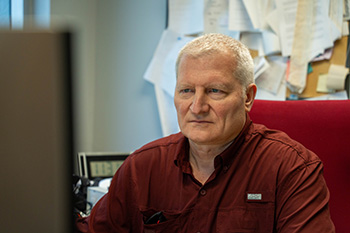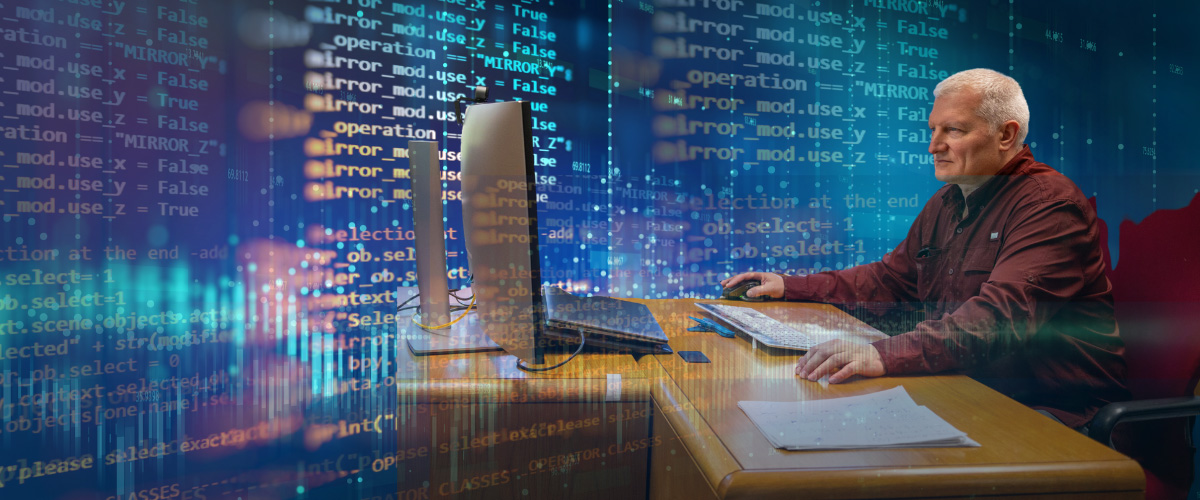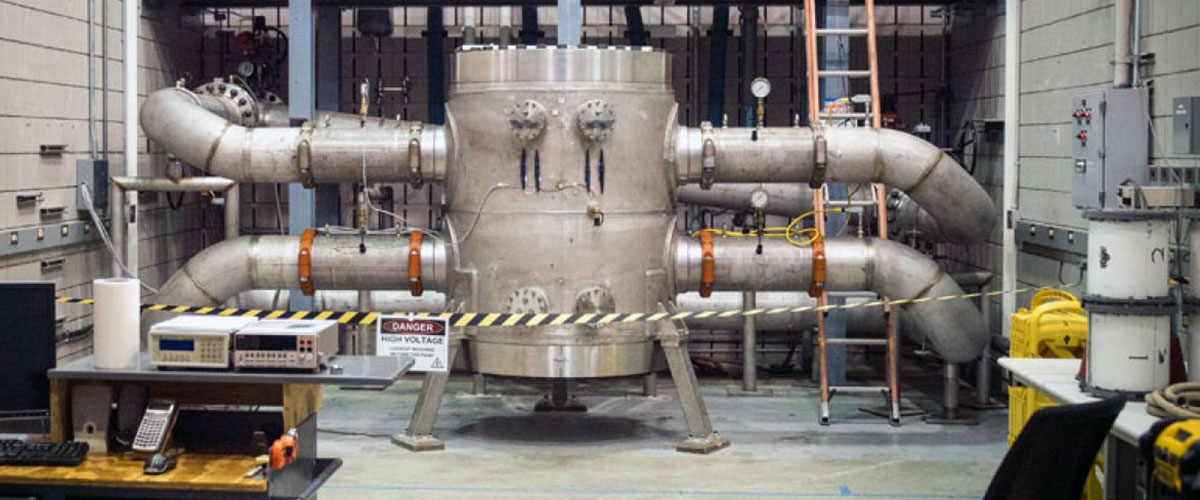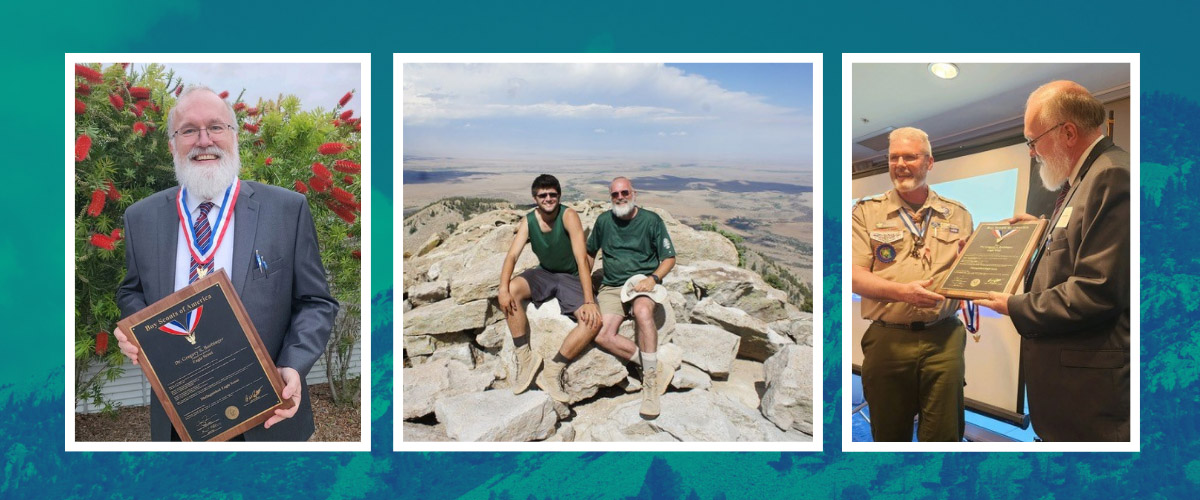Contact: Alexey Suslov
TALLAHASSEE, Fla. — Today's scientists can tap into a vast body of knowledge available online and growing every day. But digging through the massive amounts of information to recover very specific technical details can be like finding a needle in a haystack.
"The only way to find this information is to read the article and to find it in the text," said MagLab physicist Alexey Suslov, "And it's clear that it's impossible to read hundreds and hundreds of articles in a short time."
Suslov collaborates with researchers from around the world who come to the MagLab to use its unique high-field magnets. He learned about the data search challenge firsthand when, as part of the MagLab's User Collaboration Grant Program, he began developing a new cryogenic amplifier to boost signals from samples studied at extremely low temperatures in high magnetic fields.
Electronics must be placed far from the magnets so the magnetic field will not compromise the electronics' performance and affect the results. Which means signals have to travel a long way from the sample to the electronics acquiring the data. And along all its path, the signal collects electrical noise from its surroundings. That's why an amplifier, added close to the sample, can provide a huge enhancement.
"A cryogenic amplifier significantly improves the parameter called signal-to-noise ratio," Suslov says.
The challenge is developing amplifiers that can operate in the MagLab's extreme conditions. Beyond the world-record high-field magnets, samples are often cooled at temperatures below -450°F, colder than outer space, an environment not conducive for most electronics.

Alexey Suslov, MagLab physicist, researcher, and user support scientist, works in his office
As Suslov began work to develop a new cryogenic amplifier, he naturally turned to the scientific literature. But information about the type of transistors other scientists have used in cryogenic amplifiers was hard to glean from the hundreds of publications he read. Traditional searches using keywords proved ineffective at extracting the precise technical details he needed.
That's when Suslov teamed with the FSU Undergraduate Research Opportunity Program and undergrad Wesley Baum, an entrepreneurship major and artificial intelligence enthusiast. Baum built a customized "literature analysis system" to identify and extract specific technical information from some 600 research papers.
"It is novel to be applying this in academia, especially because this is the cutting edge," Baum said.
First, the two pulled relevant papers through a search of the FSU Libraries database. Those papers were then converted to searchable text formats and stored in their own database. Then they unleashed AI. Baum used a Large Language Model to create a targeted search of the papers, assigning the AI model a persona (essentially giving the AI a more specific identity to help it produce the best output).
"Our AI's role was an elite cryogenic electronics research specialist with expertise in transistor technology," Baum said.
Suslov created a detailed description of the persona and of the approach that the AI "scientist" should take in reading over the papers. He asked the persona to search not just for certain keywords, but to analyze contextual clues and semantics to discern the precise technical info the scientists were seeking.
"It's automating what a human can’t do. It is not possible for a researcher to sit down and look through 600 articles, especially not in a couple hours," said Baum. "This system can be that expert researcher. It focuses on your needs, looks through all the articles, and gives you back a bunch of information that you can use for your own projects."
The data mining pinpointed information in about 60 research papers with specific details about devices that worked reliably at cryogenic temperatures, some products commercially available from major manufacturers, others custom-made by researchers.
Suslov will now use that info to develop a cryogenic amplifier and improve data collection for researchers who come to the MagLab.
Beyond that, Baum and Suslov think the process has wider applications for harnessing AI in data mining across science.
"This scalable approach to scientific literature analysis has incredible implications beyond our initial use case,” Baum said. “It could potentially accelerate the often lengthy and tedious literature analysis across various fields."
This research was partially supported by NHMFL-UCGP and FSU-UROP.






